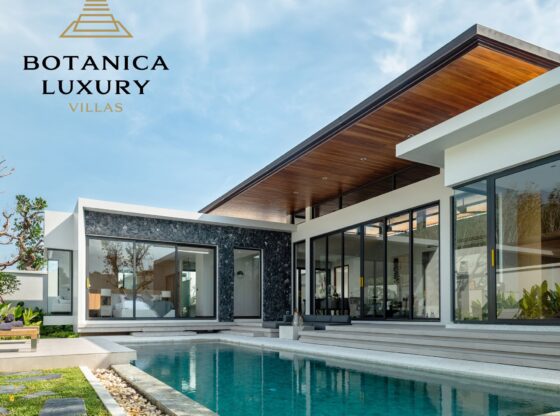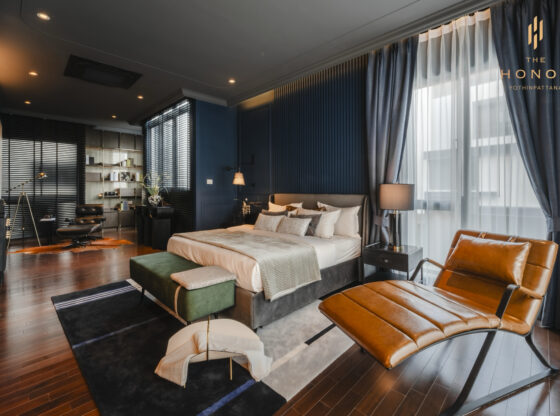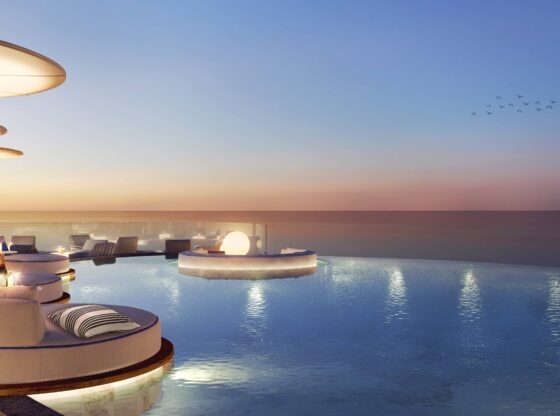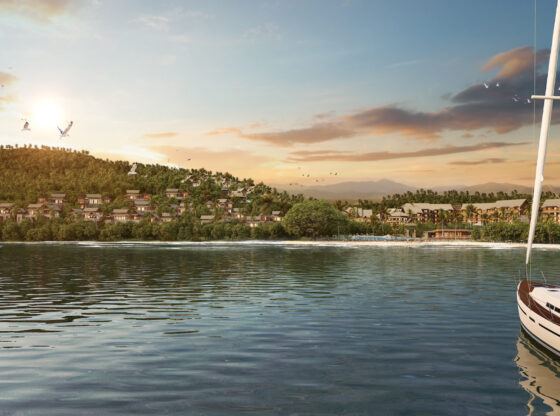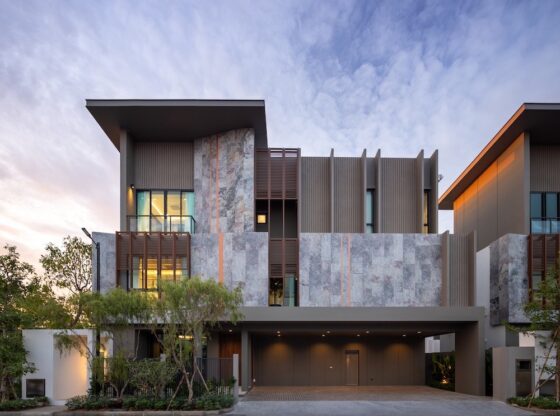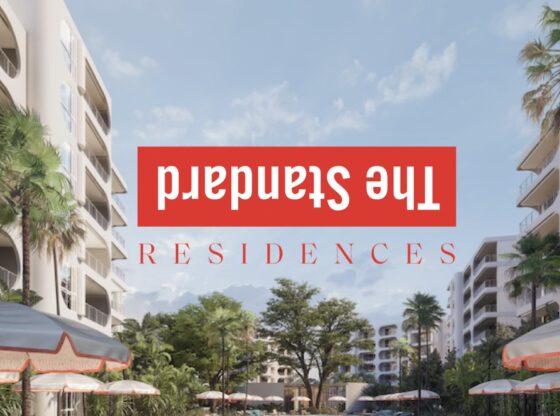![]()
Protectionism – in its many forms – exists just about everywhere.
The newspapers and TV reports are full of it at present.
President Trump would like to impose large levies on imported steel to protect steel workers in the USA. In his election campaign, he said he would put America first. The American people’s vote suggests that was exactly what they wanted to hear.
In the UK, many commentators contend that the “P” word is a key reason behind the Brits voting to get out of the European Union. They had had enough of some unelected folk in Brussels telling them what to do.
Protectionism manifests itself almost everywhere on the planet and Thailand is no exception.
Think, for example, of how difficult it is to work, own a business or land as a foreigner in the Kingdom.
Thailand is keen to protect its own. I don’t say that in any sneering way. It’s a fact and some will think it completely understandable while others will feel it’s thoroughly unwanted.
The truth is that if you are a foreigner in Thailand some of this protectionism doesn’t suit you.
It’s a pain not being able to own the land your house sits on or to be able to duck behind the counter and serve a punter a quick drink when your bar staff are busy.
That said, I’m struggling to present protectionism as being a totally bad thing.
In the UK, the Brits are trying to close the protectionism door long after the immigration horse has bolted by voting for Brexit.
Brits are tired of foreigners taking their jobs even though a lot of the jobs in question are ones they don’t much care to do.
The Darling Buds of May days when hoards of down-on-their-luck Cockneys descended on Kent to pick apples are long gone. Nowadays, fruit picking in the UK is almost the complete preserve (jam pun intended) of people from former Soviet states. Maybe the Thais have got it right when they insist no farang can perform a role that a Thai can happily do.
Brits are fed up that property prices in central London are spiralling because foreigners would like to launder their money by buying a house there.
Foreigners buying houses?
Ring any bells in relation to Thailand and land ownership?
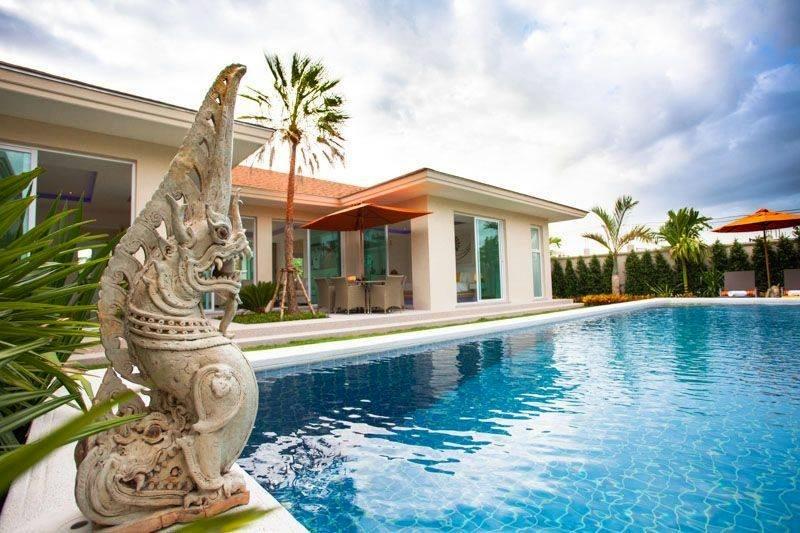
You could contend that the Thais are wary that should they open the floodgates (if only a little) it will be difficult to close them again. The Brits are about to find that out, I suspect.
The possibility of foreigners being allowed to own up to a rai of land for their own house in Thailand has been mooted many times in the past. But, as far as I am aware, it’s still at the moot (or should that be mute?) stage.
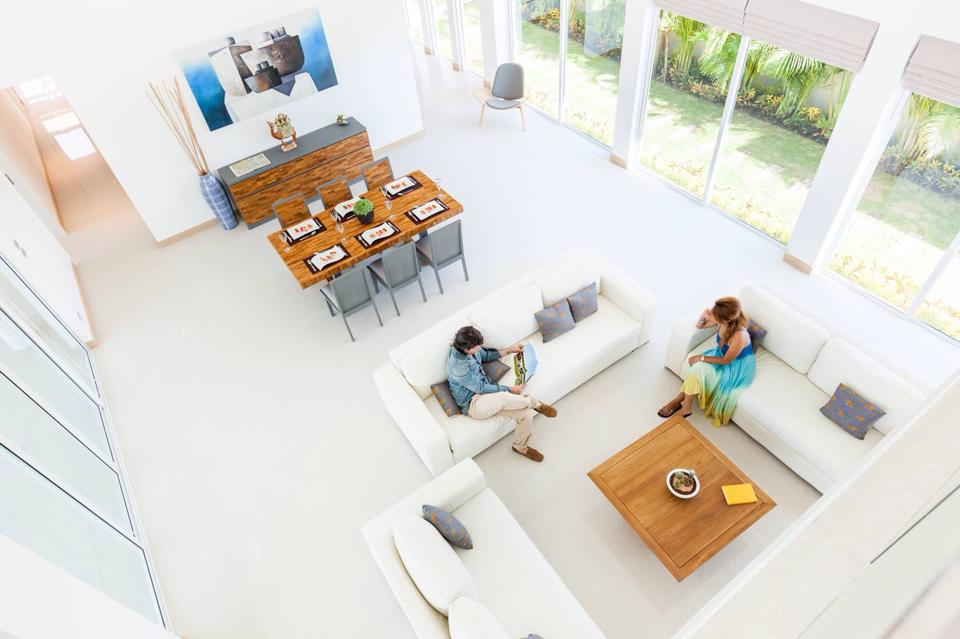
So why am I attempting to explore the murky waters of protectionism?
Well, my interest was piqued when the word cropped up again as the Thai courts sought to make an example of people who rent out accommodation for less than a month, which is against Thai law.
The law helps protect hotel owners from the competition of unlicensed and unregulated room suppliers; it protects the income the State receives from levying a tax on a per night, per room basis from properly managed hotels; it protects the standards tourists can reasonable expect from their stay.
That’s a lot of protection!
As is usual for fence-sitter me, I can see both sides of the argument. But, if I were to attempt to take sides I would favour owners having the freedom to rent their property to whoever they wish.
That said, I would question the desirability of short-term lets. The prospect of having numerous folk using my property does not appeal compared to, say, having one steady tenant for a minimum let of a year. But, that’s just my opinion.
Although the Thai courts did not actually mention operators such as Airbnb by name there is little doubt that its operation has much to lose if the law is strictly enforced. Before this recent case, it has not been.

I have just visited the Airbnb Thailand website.
There were 91 places to rent in Pattaya alone which suggests owners are not getting cold feet about the possibility of being prosecuted.
I hope their bravery is not misplaced.
An article I read on the internet claims there are currently about 43,000 listings of Airbnb accommodation throughout Thailand.
Given Pattaya only has 91 that sounds a lot (too many?) to me though I would expect many more in Bangkok.
In excess of 774,000 foreign travellers used Airbnb for their stays in Thailand last year – an annual growth of 150 percent, it said.
The very informative article can be found on www.khaosodenglish.com under the headline “Airbnb launches new features in Thailand, remains totally illegal”.
Not the most impartial of headings, but not inaccurate.
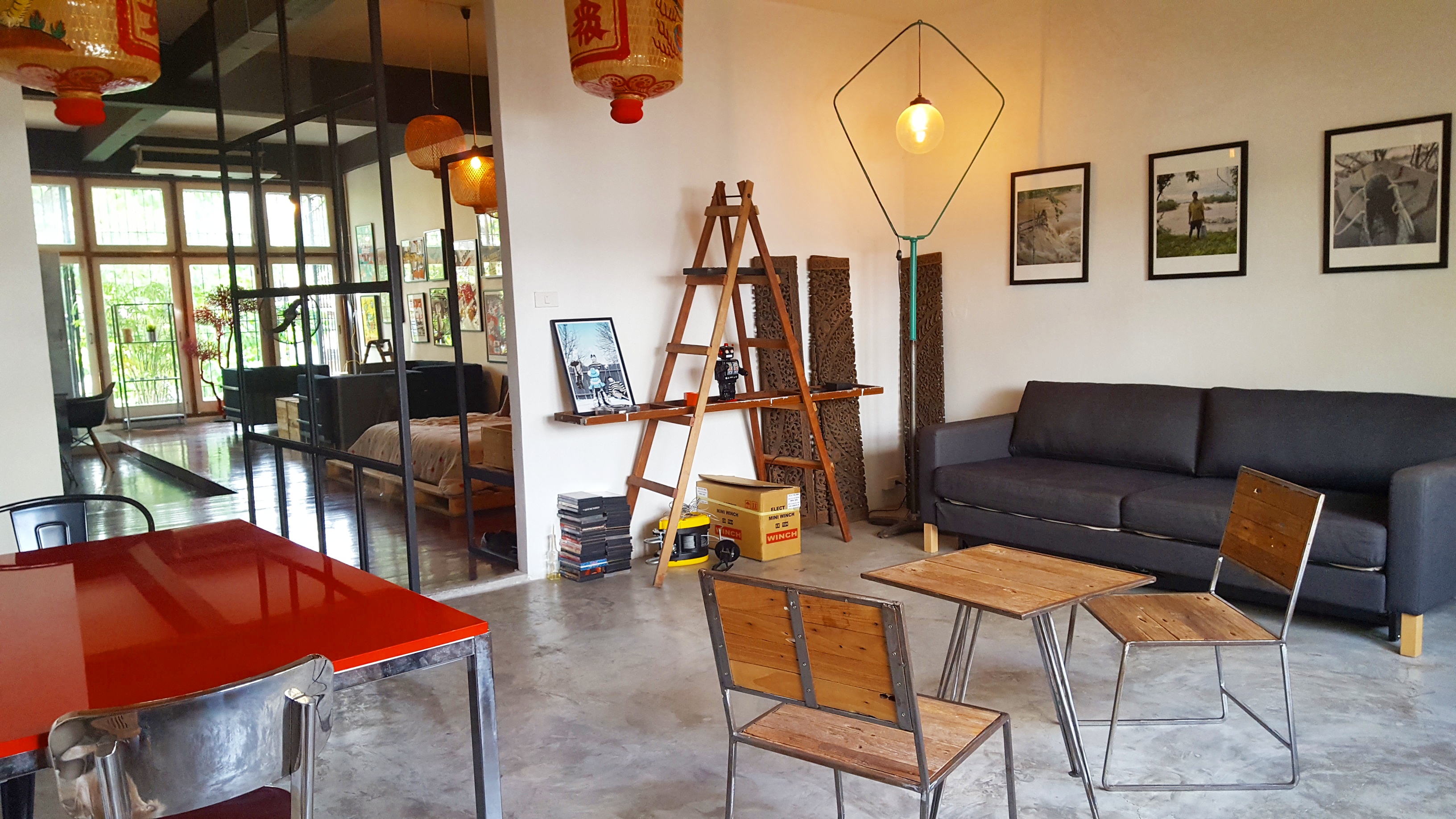
The Thai law relating to short-term stays dates back to 1979; another requiring hospitality businesses to register themselves as a hotel goes back even further – to 1935.
Both were established long before the internet came into wide use.
The ability of a property owner to let the wider world know that his condo or home was available to rent for a short term was much restricted back in ’79. Now, within a few clicks of the mouse, the deal can be done.
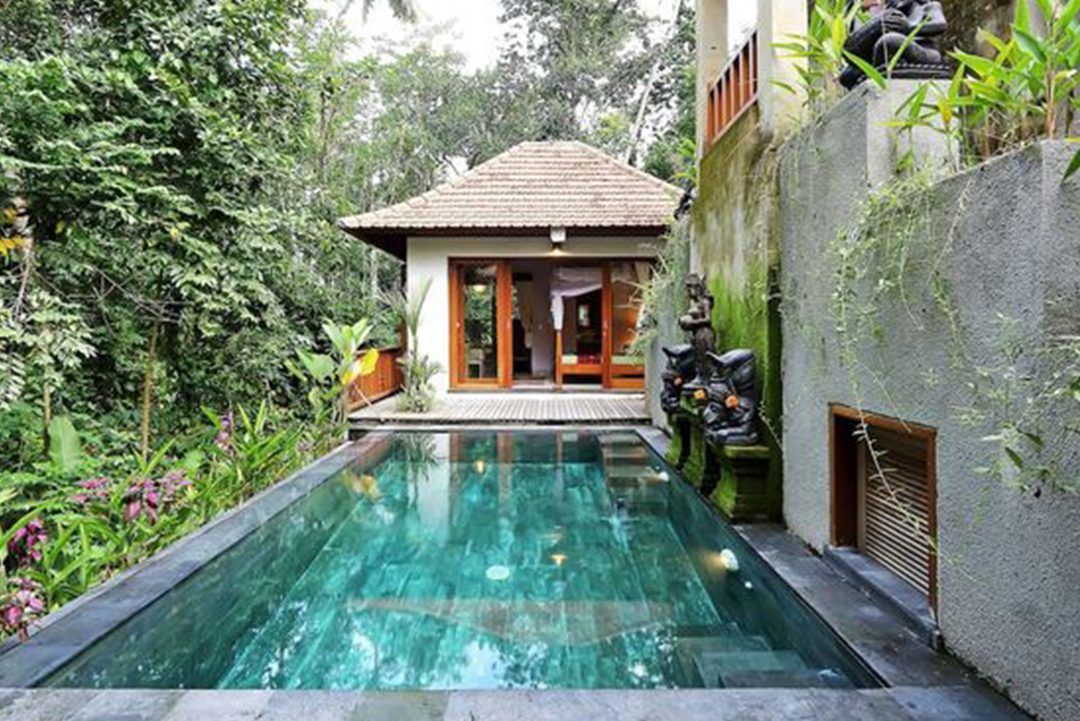
Of course, the idea of renting a property does not appeal to everyone – especially when they are on vacation. Being able to call up room service, having your sheets changed frequently, a fridge stocked daily with booze, someone looking after the pool are just some of the delights you can expect when staying in a hotel. And long may the difference between private short-term lets and hotel stays continue.
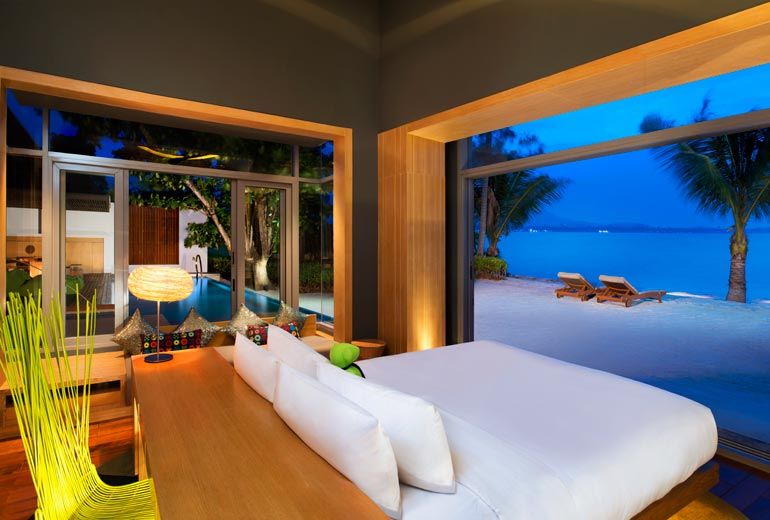
Indeed, the internet seems to have done the hotel sector little harm. Though a few bad reviews on TripAdvisor or similar are things the hotel owners would probably prefer to keep under wraps.
My feeling – not necessarily that of the magazine – is that these laws might bear some re-examining as they seem out of step with current practices.
We do, after all, live in a digital age.
By Dave Buckley




